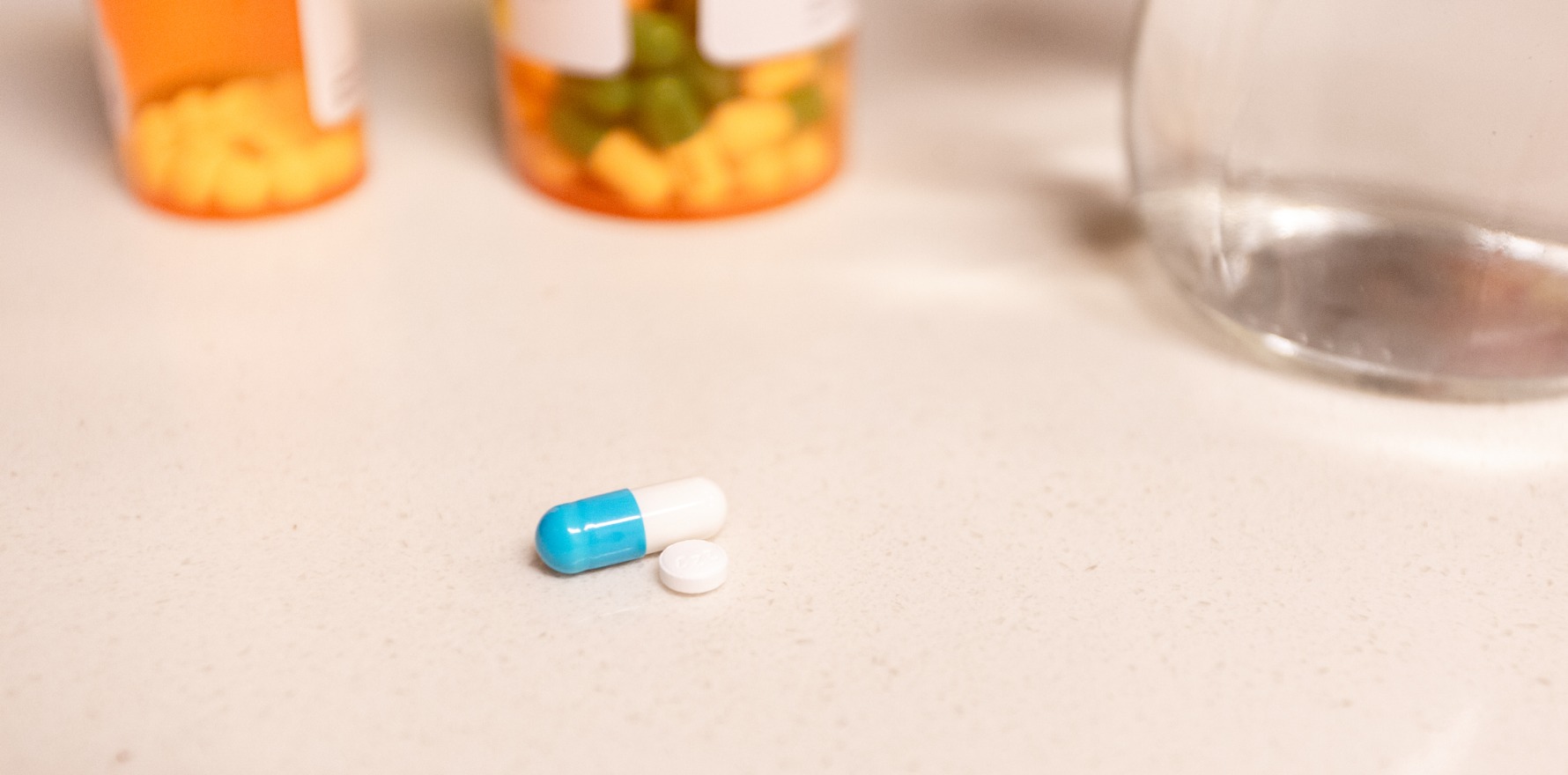Symptom control may not be the only reason to opt for pharmacotherapy in kids.
ADHD medication not only helps children with their symptoms but also lowers the risk of suicidality, independent of its effect on symptoms, according to a large study of US children.
The findings, published in JAMA Network, suggested that the importance of introducing pharmacological treatment in children significantly affected by the condition as a means of protecting against suicidality.
Researchers analysed data from almost 12,000 children with ADHD looking at the degree of externalising symptoms (defined as symptoms of ADHD hyperactivity, oppositional defiant disorder and conduct disorder) as well as looking at assessments of suicidality and whether the children were taking ADHD medication
Perhaps unsurprisingly, the study found the severity of the externalising symptoms was directly related to the likelihood of suicidality. Overall, they found for every one standard deviation increase in symptoms there was a 34% increase in the relative risk of suicidality.
Also unsurprisingly, the more ADHD symptoms the child had the more likely it was the child was going to be on medication.
So, at this stage, the finding that ADHD medication was associated with a lower risk of suicidality in children with a greater burden of externalising symptoms seemed very logical. Take the medication, reduce the symptoms – reduce the risk of suicidality!
But in fact, the medication did more than that.
According to the study, being on medication reduced the risk of suicidality even when there were still significant externalising symptoms. So, if two children were assessed as having the same level of severity of externalising symptoms, the risk of suicidality would be greater in the child not on ADHD medication compared with the one who was.
“[For] children who are not receiving ADHD medications there was an association between externalising symptoms and suicidality. However, for children receiving ADHD medications there was no such association,” the study authors said.
Children not on medication had a 42% increased relative risk of suicidality for every one standard deviation increase in symptoms, while children on medication had a non-significant 15% increase in risk.
“These findings suggest that in children with substantial externalising symptoms, ADHD medication use may be associated with less suicidality, in addition to its known clinical benefits in treating externalising symptoms,” the researchers said.
They added that more thorough screening for externalising psychopathology among school-age children had strong potential to prevent serious issues later in life, since childhood suicidality was associated with psychiatric morbidity and mortality in adulthood.
Clinical psychologist Emma Sciberras told The Medical Republic the increased suicidality generally observed in young people with ADHD underscored the seriousness of the disorder.
“This study points to something that can help: the role of medication and how that can protect against some of these suicidality outcomes,” said Associate Professor Sciberras, of Deakin University and Murdoch Children’s Research Institute in Melbourne.
“I just can’t say strongly enough how important the GP role is, in helping families get to the appropriate places for assessment and treatment. Having that open mind and listening to what parents have to say about their children’s behaviour is a really important starting point.”
Aside from medication, a “gold standard” treatment approach also included adjustments at school and providing parents with adequate supports to understand and respond to their child’s difficulties.


